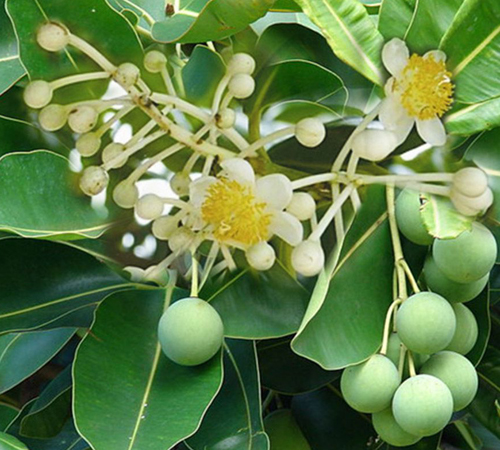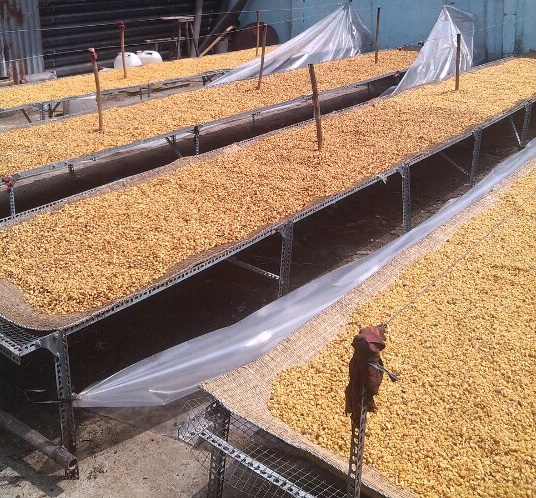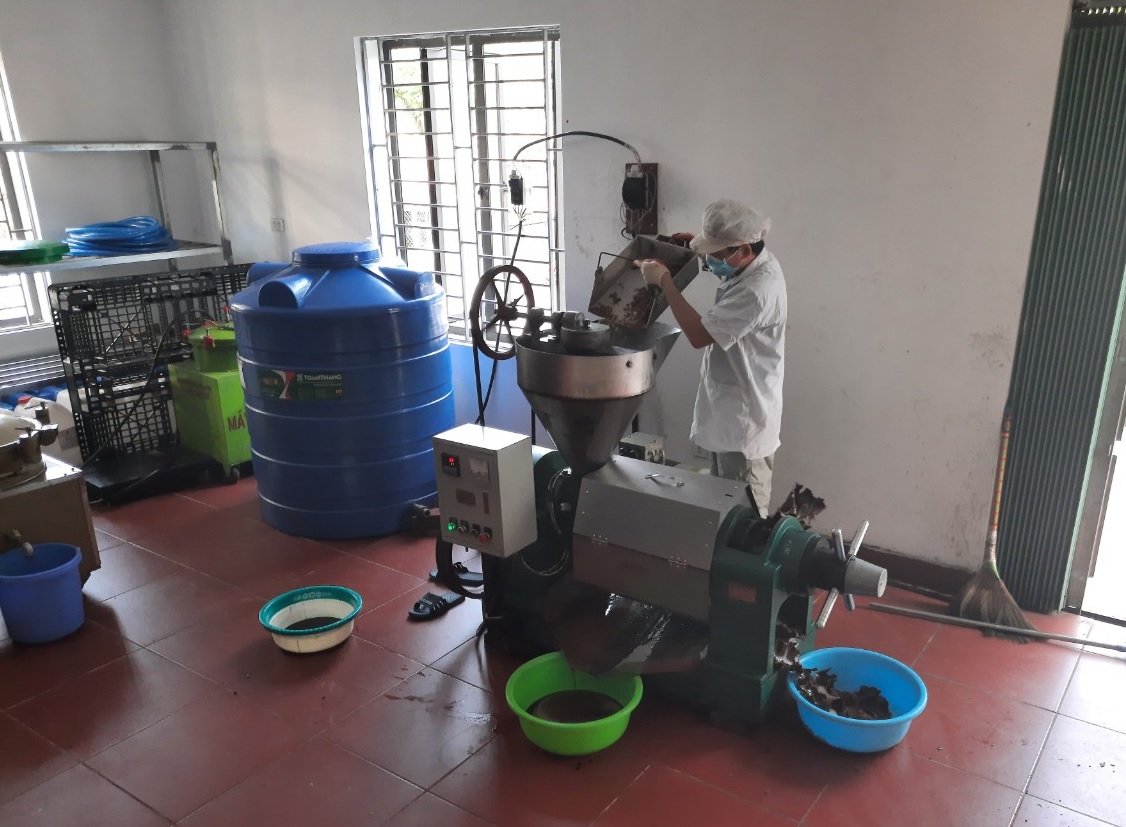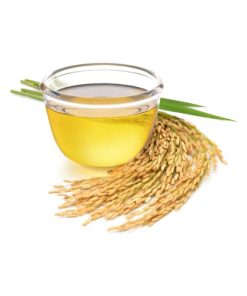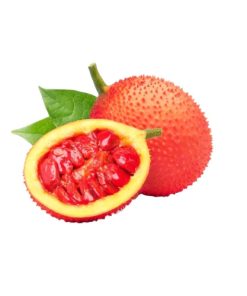No
|
Parameters
|
Standards
|
Results
|
01
|
Appearance
|
Only liquid, dark green color, Typical odour of Organic Tamanu Oil
|
Complied
|
02
|
Specific Gravity at 20°C
|
0.910 – 0.960
|
0.915
|
03
|
Refractive Index at 20°C
|
1.450 – 1.500
|
1.482
|
04
|
Chemical composition:
Palmitic acid (C16:0)
Palmitoleic (C16:1)
Stearic acid (C18:0)
Oleic acid (C18:1)
Linoleic acid (C18:2)
Arachidic acid (C20:0)
|
10 – 16%
0.1 – 1.0%
10 – 18%
35 – 45%
25 – 35%
0.1 – 2.0%
|
Complied
15.3%
0.6%
16.8%
41.5%
27.6%
0.7%
|
05
|
Peroxide value meq/kg
|
< 20 meqO2/kg
|
10.1
|
06
|
Acid value mg KOH/g
|
< 100 mg KOH/g
|
31.1
|
07
|
Total aerobic plate count CFU/g
|
LESS THAN 100 CFU/g
|
1 CFU/g
|
08
|
Total Yeasts CFU/g
|
LESS THAN 100 CFU/g
|
ABSENT
|
09
|
Total Moulds CFU/g
|
LESS THAN 100 CFU/g
|
ABSENT
|
10
|
Conclusion
|
Comply all of the standards for Tamanu Oil
|



